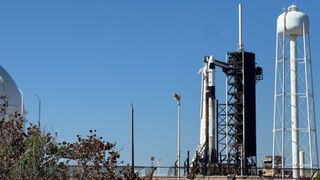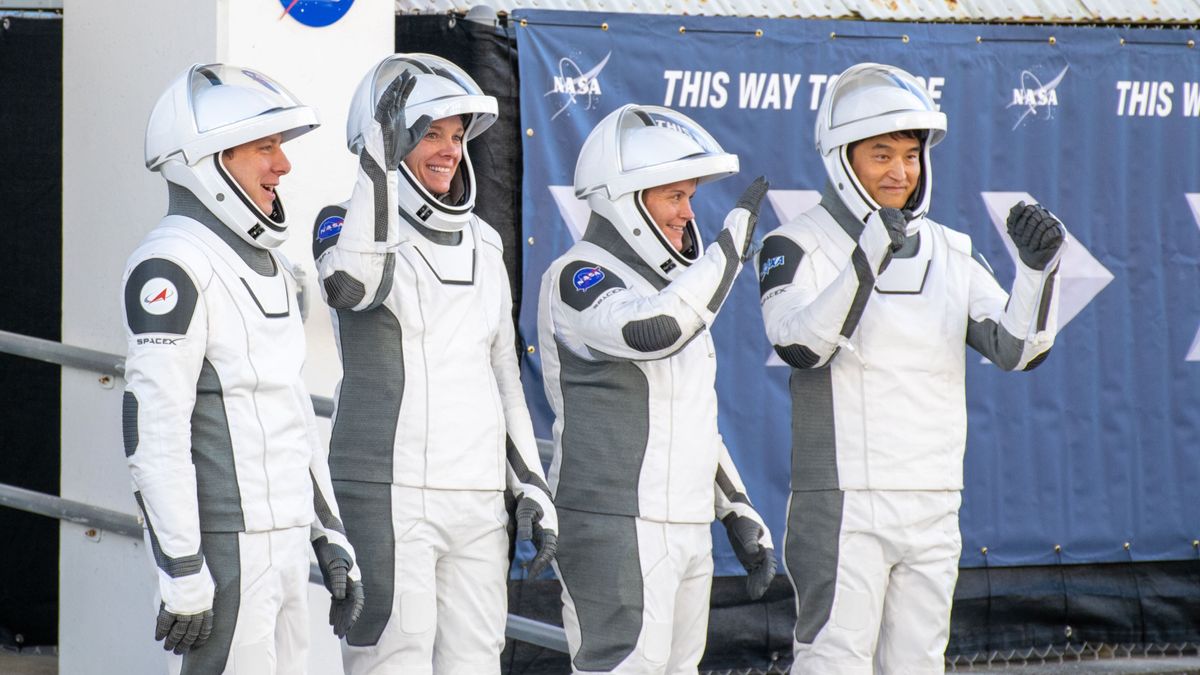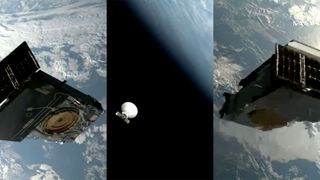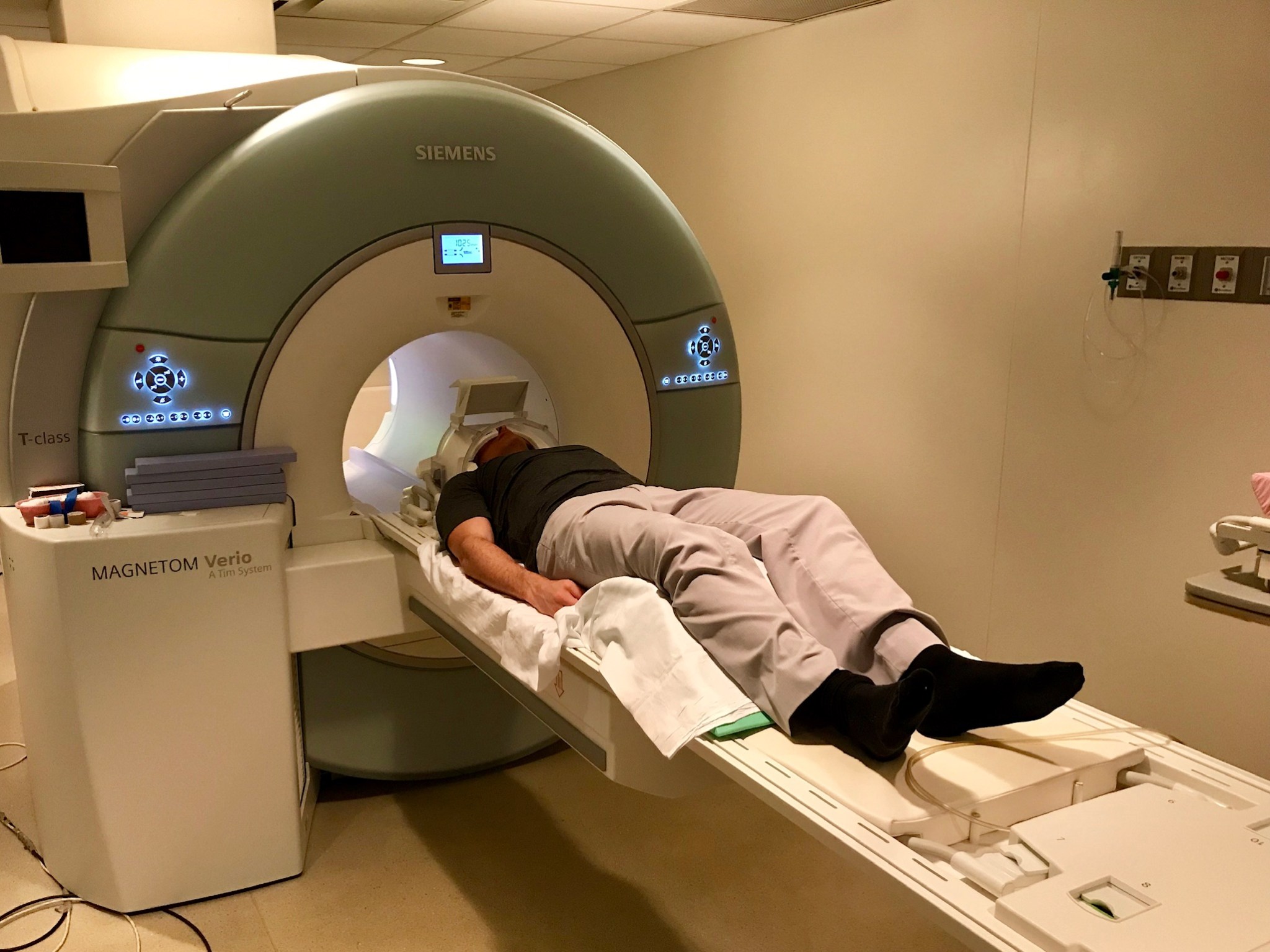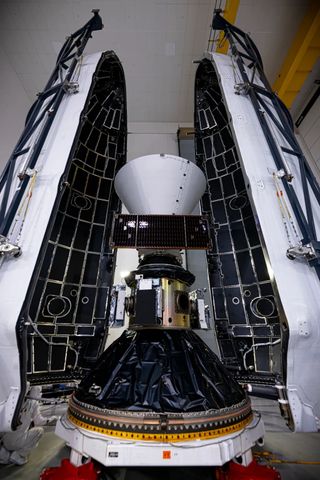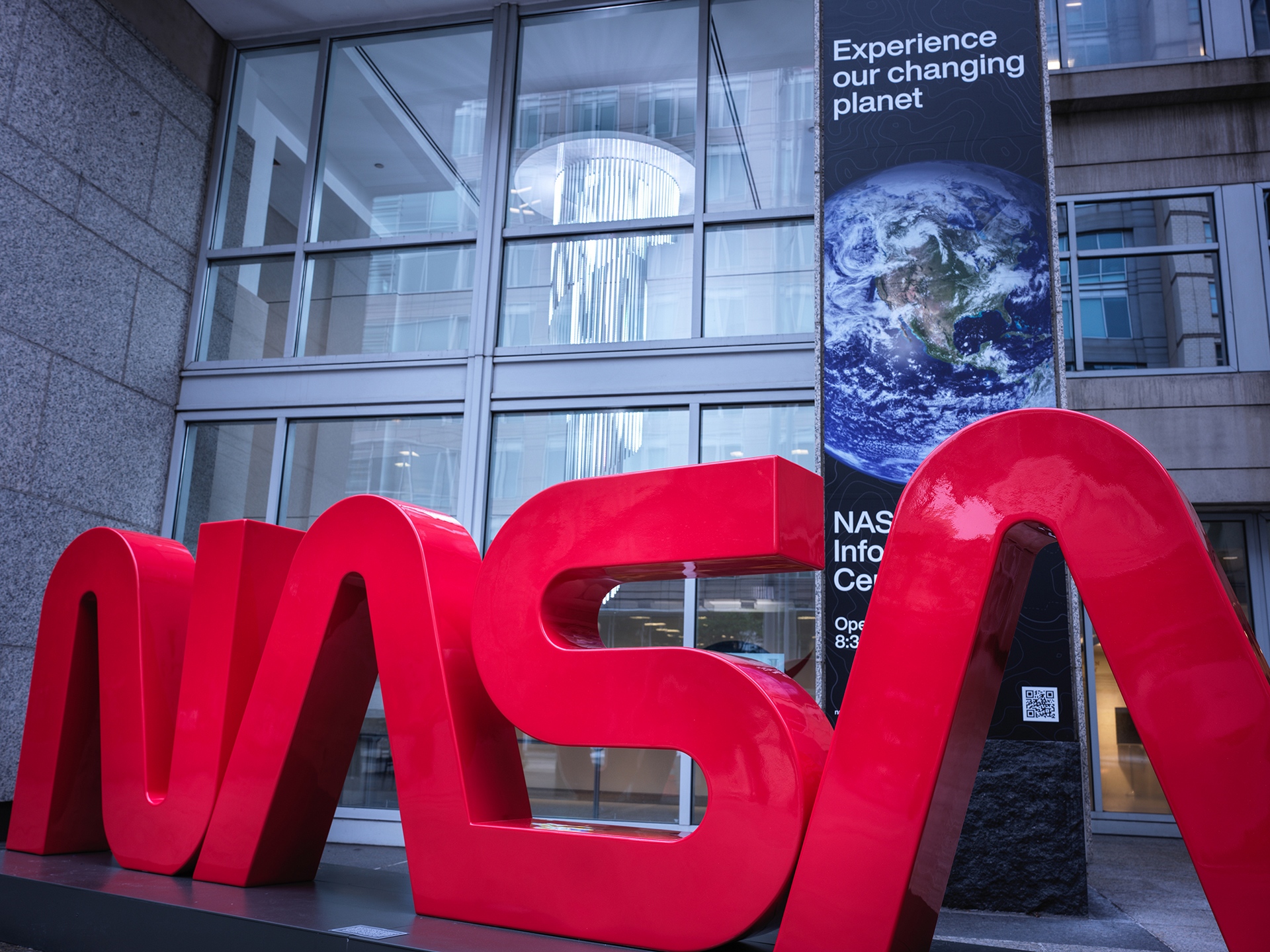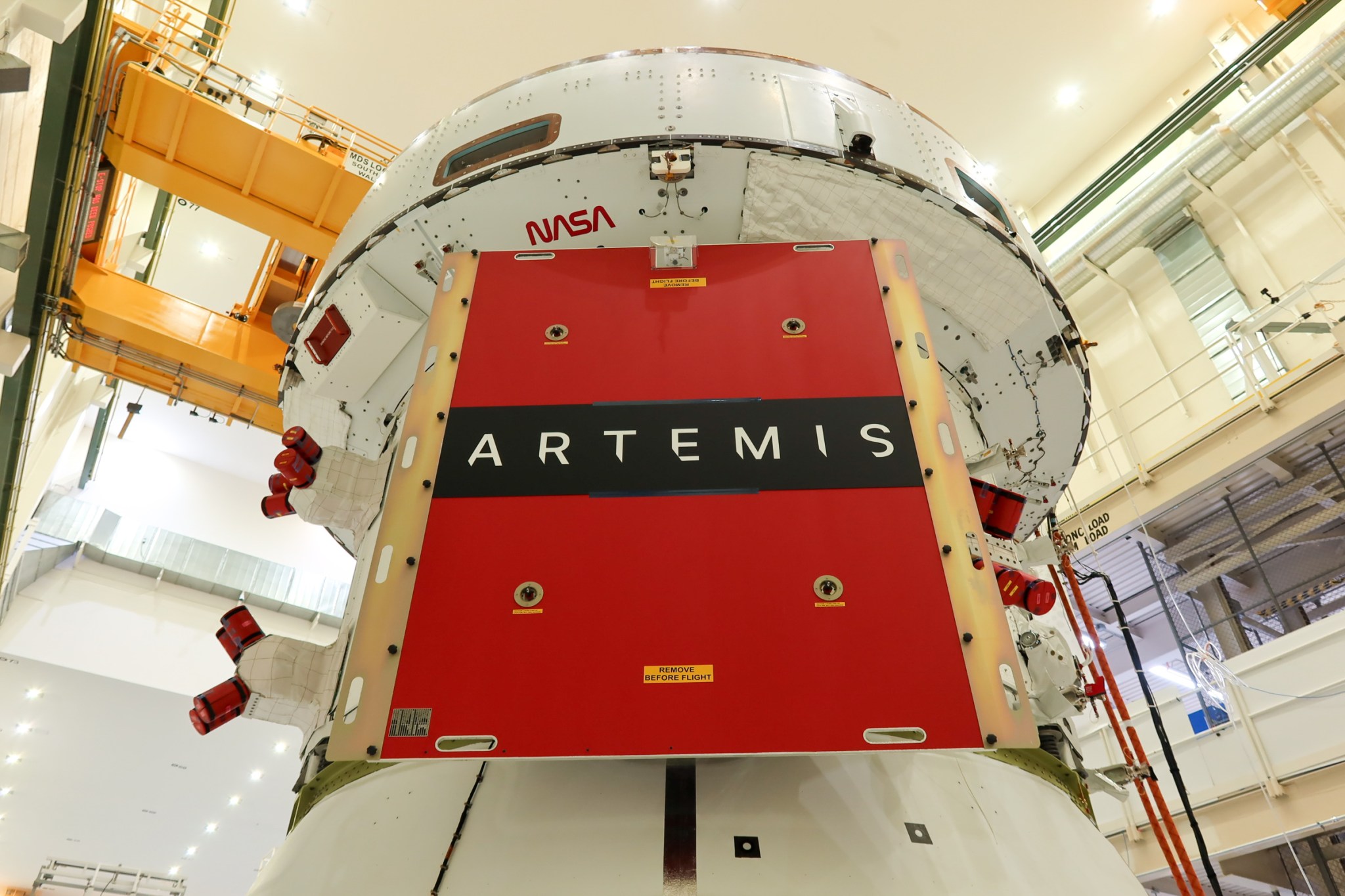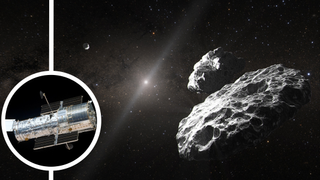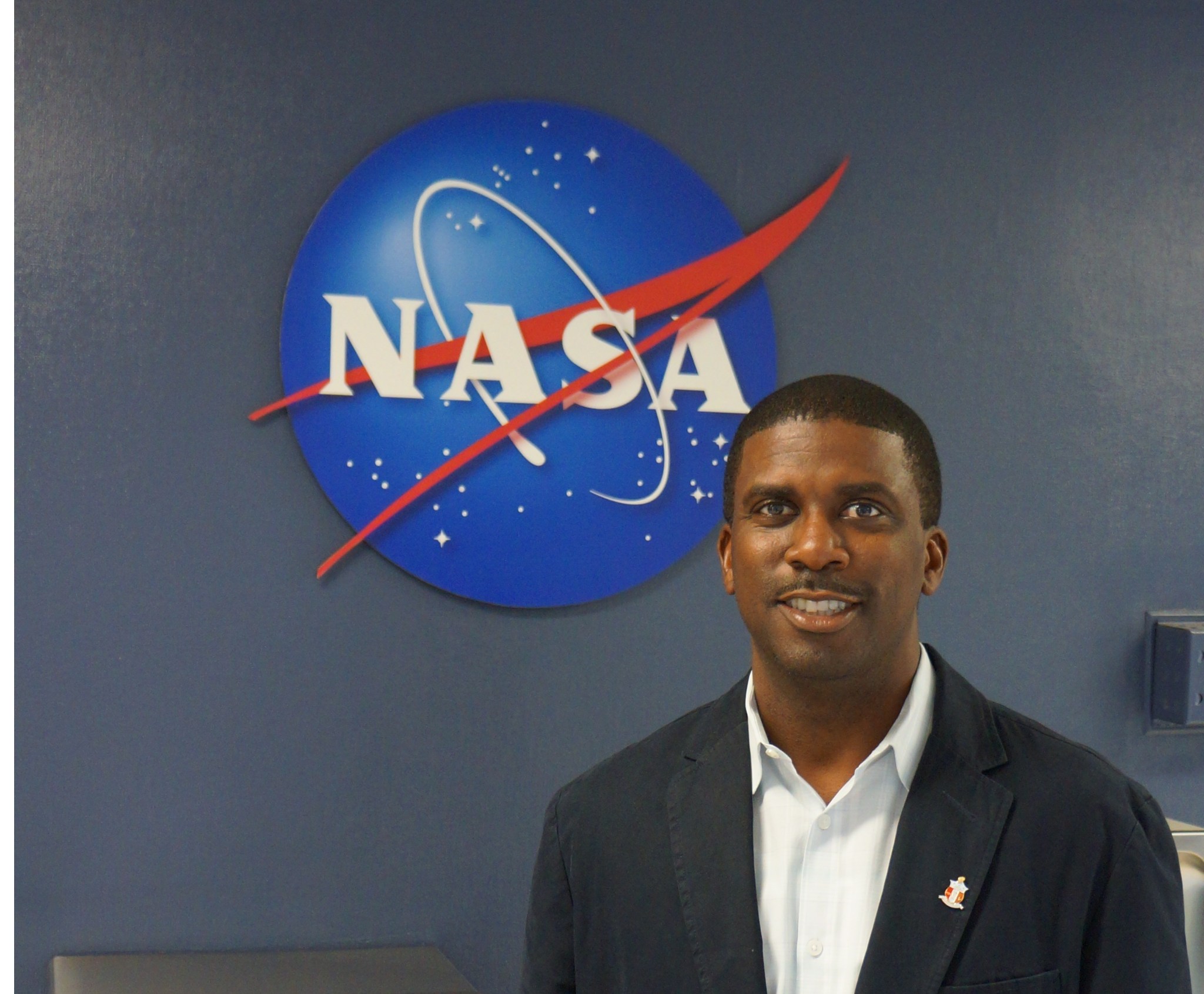SpaceX won’t launch its next astronaut mission for NASA today (March 12) after all. The company had planned to send the four-person Crew-10 mission toward the International Space Station (ISS) atop a Falcon 9 rocket from Kennedy Space Center in Florida this evening at 7:48 p.m. EDT (2348 GMT). About 45 minutes before liftoff, however, SpaceX called the attempt off due to a hydraulics issue with the transporter-erector, the structure that hauls the Falcon 9 to the pad and supports it once it’s there. “Great working with you today,” Crew-10…
Read MoreTag: Missions
SpaceX Crew-10 astronauts depart for launch pad ahead of liftoff (video, photos)
Update for 7:50 pm ET: SpaceX called off its planned launch of the Crew-10 astronaut mission for NASA due to a hydraulics issue with a clamp device on ground equipment securing the crew’s Falcon 9 rocket to the launch pad. Read our wrap story on today’s launch attempt. CAPE CANAVERAL, Fla. — Members of the SpaceX Crew-10 mission are bound for the launch pad ahead of their journey to space. NASA astronauts Anne McClain and Nichole Ayers, as well as JAXA (Japan Aerospace Exploration Agency) astronaut Takuya Onishi and Roscosmos…
Read MoreSpaceX rocket launches NASA SPHEREx space telescope and PUNCH solar probes (video)
There was a glimmer in the air tonight at Vandenberg Space Force Base in California, and it wasn’t only because a SpaceX Falcon 9 rocket took to the skies carrying precious NASA cargo. As the agency’s SPHEREx space telescope and PUNCH solar mission rode toward their orbital stations tonight (March 11) at 11:10 p.m. EST (0310 March 12 GMT), members of mission control appeared elated, onlookers who caught a peek at the liftoff cheered, and the scientists who built these missions exuded a blend of relief and excitement. “I am…
Read MoreStation Science Top News: March 7, 2025
Challenges to measuring space-induced brain changes CSA (Canadian Space Agency) astronaut David Saint-Jacques undergoes an MRI for Wayfinding. CSA Researchers found that an upward shift in the brain during spaceflight makes it hard to distinguish different types of tissue, causing errors in determining changes in brain volume. Previous studies have interpreted these changes as evidence of adaptation to space. This finding suggests that unique methods are needed to analyze astronaut brain structure. Wayfinding, a CSA (Canadian Space Agency) investigation, looked at how the brain adapts to space and readapts after…
Read MoreHere’s the launch plan for NASA’s SPHEREx and PUNCH missions: ‘Liftoff is just the beginning’
After more than a week of delays, two new NASA missions have been cleared for liftoff tonight (March 8). The space agency’s SPHEREx and PUNCH missions, which are sharing a ride aboard the SpaceX Falcon 9 rocket, are scheduled to lift off no earlier than 10:09 p.m. EST (7:09 p.m. PST) tonight from Launch Complex 4E at Vandenberg Space Force Base in California. The launch, postponed six times over the past week due to technical issues and bad weather, was given the greenlight after a successful launch readiness review on…
Read MoreFor NASA astronauts on a 10-day space mission that lasted 9 months, a landing date at last
Two NASA astronauts who launched on a short mission to the International Space Station last year that turned into a 9-month marathon finally know when they’ll be coming home. The Boeing Starliner astronauts, who launched on the spacecraft’s Crewed Flight Test on June 5, have been living aboard the International Space Station (ISS) ever since after their capsule returned to Earth without them. On Friday (March 7), NASA cleared a relief crew to launch on SpaceX Dragon next week, setting the stage for their long-awaited return to Earth. NASA astronauts…
Read MoreNASA Earns Best Place to Work in Government for 13th Consecutive Year
NASA’s Worm logo is displayed in front of the agency’s headquarters in Washington. Credit: NASA For the 13th straight year, NASA has earned the title of Best Place to Work in the Federal Government – large agency – from the Partnership for Public Service. The ranking reflects employee satisfaction and workplace elements across the agency while executing NASA’s mission to explore the unknown and discover new knowledge for the benefit of humanity. “NASA’s greatest asset has always been its people – those who rise to the challenge of leading in…
Read MoreEngineers Install Orion Solar Array Wings for Artemis II
Technicians with ESA (European Space Agency) and Airbus installed the four solar array wings on NASA’s Orion spacecraft for Artemis II on March 3. The solar array wings, attached to the service module, deploy after Orion reaches space to power the spacecraft. Orion’s service module provides propulsion, thermal control, and electrical power, as well as air and water for the crew during their mission around the Moon. Each solar array wing has 15,000 solar cells to convert sunlight to electricity and is nearly 23 feet in length when fully deployed.…
Read MoreHubble Telescope discovers a new ‘3-body problem’ puzzle among Kuiper Belt asteroids (video)
NASA’s Hubble Space Telescope has discovered that a system of asteroids in the distant Kuiper Belt may be triplets, not twins as previously suspected. If so, the stable trio of icy space rocks would be just the second example of three gravitationally bound space rocks found in the Kuiper Belt, the doughnut-shaped region of icy bodies that lurks out beyond the orbit of Neptune. The discovery could also challenge our understanding of how Kuiper Belt objects (KBOs) form. An illustration of the 148780 Altjira system of two or maybe three…
Read MoreStation Nation: Meet Chris Wade, Visiting Vehicle Integration Manager for SpaceX Vehicles
Chris Wade is a visiting vehicle integration manager for SpaceX vehicles in the International Space Station Transportation Integration Office. He plays a key role in ensuring that all vehicle requirements are on track to support SpaceX missions to the space station. Chris also manages a team of real-time mission support personnel who follow launch, docking, undocking, and splashdown operations. Read on to learn about his career with NASA and more! Where are you from? I am from Clarksdale, Mississippi. Tell us about your role at NASA. I manage horizontal integration…
Read More